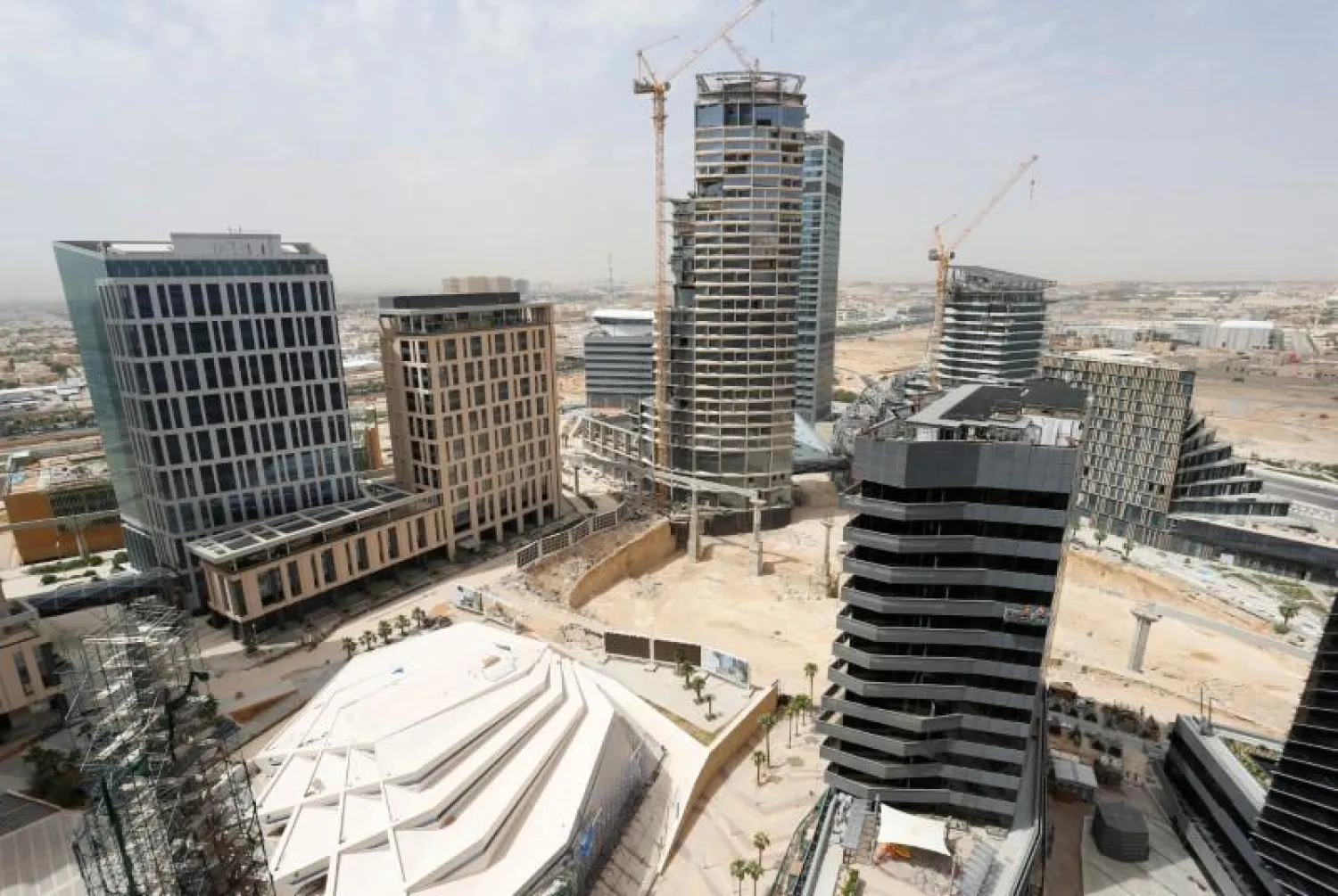The Saudi Ministry of Justice has introduced a new electronic system in the notarization sector that simplifies the real estate electronic conveyance service and make it available through additional banks.
Specialists believe that the new mechanisms contribute to preserving the rights of shareholders and regaining their rights in the most appropriate legal way, which helps increase confidence in the real estate sector.
This comes within a package of development initiatives and reforms to raise the efficiency of notarization and real estate security and contribute to facilitating real estate conveyance operations.
Dr. Abdullah Al-Maghlouth, a former member of the Real Estate Committee at the Chamber of Commerce and Industry in Riyadh, told Asharq Al-Awsat that the government is aware of the importance of the sector and was seeking to address the housing crisis by facilitating the relevant regulations.
“At the end of 2020, the Cabinet approved a comprehensive strategy for real estate, which reflects the state’s interest in the sector as one of the pillars of the national economy,” he stated.
Al-Maghlouth noted that the strategy would contribute to improving the performance of real estate establishments, especially small and medium-sized enterprises (SMEs), improving the quality of the tools they use and the services they provide, and expanding job opportunities for young men and women in various fields.
The new strategy represents an important booster for the economy in general and the real estate sector in particular, he added.
Real estate expert Dr. Khalil Khoja told Asharq Al-Awsat that real estate in the Kingdom was one of the most important growth engines for the non-oil economy.
Government statistical data showed that the real estate sector grew by 3.5 percent in the second quarter of 2020 compared to the same period the previous year, he underlined.
Khoja expected that the recent amendments to the legislation regulating real estate will contribute to an increase in large housing projects, achieved through the partnership between the public and private sectors.










